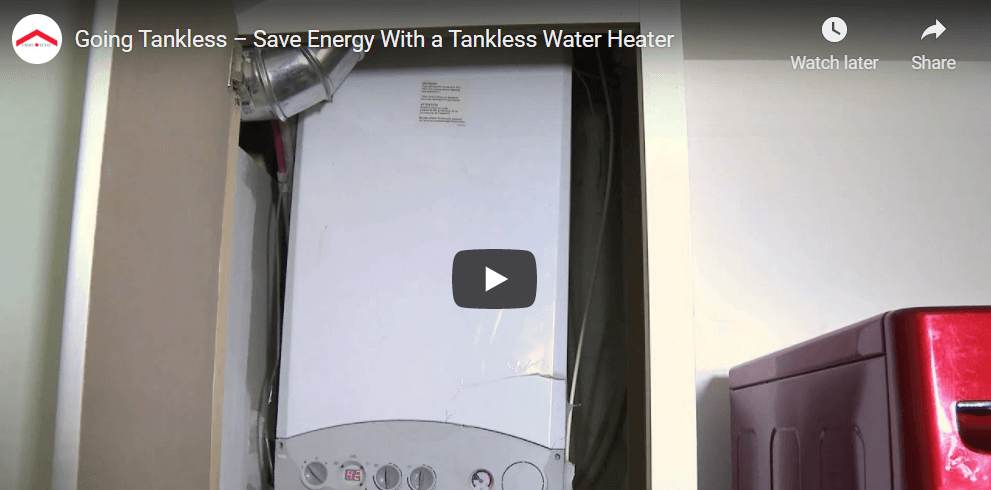Have You Considered Going Tankless?
If you are looking for ways to be more responsible with energy costs around your home (and save a little money in the process), considering a tankless water heater is probably already on your radar. But is it really worth it? There are certainly a lot of factors that will go into your decision about equipping your house with one of these units! Here are a couple things you should consider!
What are you trying to accomplish by going tankless?
The most common reasons people choose a tankless water heater are:
1. Not to have to wait for hot water.
2. Not to have the hot water run out.
3. To save space by not having a huge tank.
4. More environmentally responsible.
5. To save money long term on heating costs compared to a hot water tank.
However, before rushing into buying a tankless water heater, you should ask yourself?
1. How long am I currently waiting for hot water?
2. Am I currently running out of hot water on a regular basis?
3. Is saving space a concern for me?
4. How efficient is my current water heater? Obviously going tankless will be more efficient, but just how much more? There is a good chance your current unit is performing at a level that isn’t horrible.
5. How much money will I save yearly with a tankless heater compared to a hot water tank? Make sure you understand how long it will take to recover the added upfront costs of going tankless through the long term money savings on your energy bill! If it’s going to take you 75 years to recoup your money, is it really worth it?
Just as each house is different and has unique needs, so is each person and family. There is certainly no cut and dry, right or wrong answer when it comes to Tank vs Tankless. The best you can do is evaluate your needs and make an informed decision!
TRANSCRIPT
Water heating can account for 25 per cent of the energy bill for many Canadian homes – especially those with large families that use lots of hot water. Hot water usage can be reduced by installing low-flow shower heads, faucet aerators, insulating pipes, and water efficient appliances.
You may also be able to reduce your water heating bill by installing an “on-demand” or “instantaneous” water heater. These compact water heaters use high inputs of gas or electricity to instantly heat water as it is needed. As high-efficiency tankless water heaters don’t have to keep large volumes of water heated 24 hours a day, studies have shown that they can reduce energy consumption for water heating by 40 per cent.
Tankless water heaters can be hung on a wall and require little floor space making them attractive for smaller homes. But they need to be properly located, sized and installed to meet your household’s needs. For instance, gas-fired instantaneous water tanks may need different venting arrangements and perhaps larger gas pipes to deliver higher gas flows to the heater.
- Keep in mind that the energy savings from an instantaneous water heater can literally go down the drain if their “endless” hot water capabilities just mean longer showers by household members.
Whatever system you choose, it’s always a good idea to know the costs and potential savings so you can make an informed decision. Ask a qualified contractor to assess your hot water needs and recommend a water heating system that will meet them as efficiently and cost-effectively as possible. To learn more about tankless water heaters, or for more information on sustainable features for your home, visit cmhc.ca.
SHARE THIS ARTICLE
RECENT POSTS








